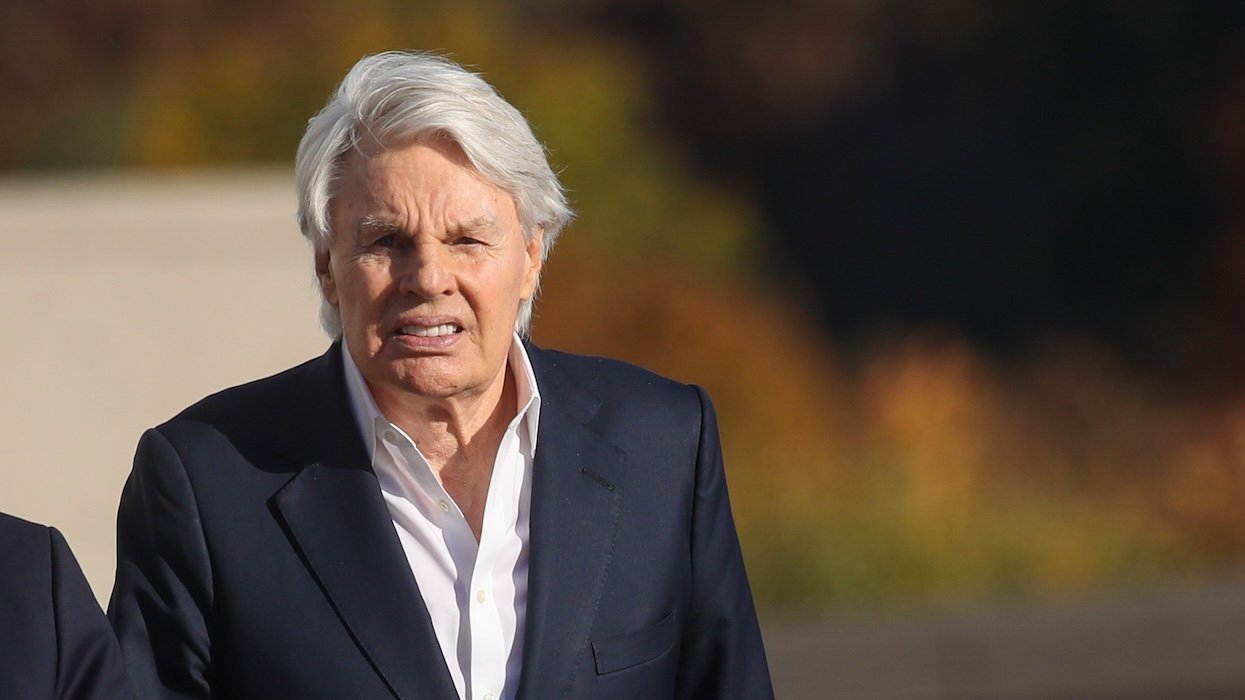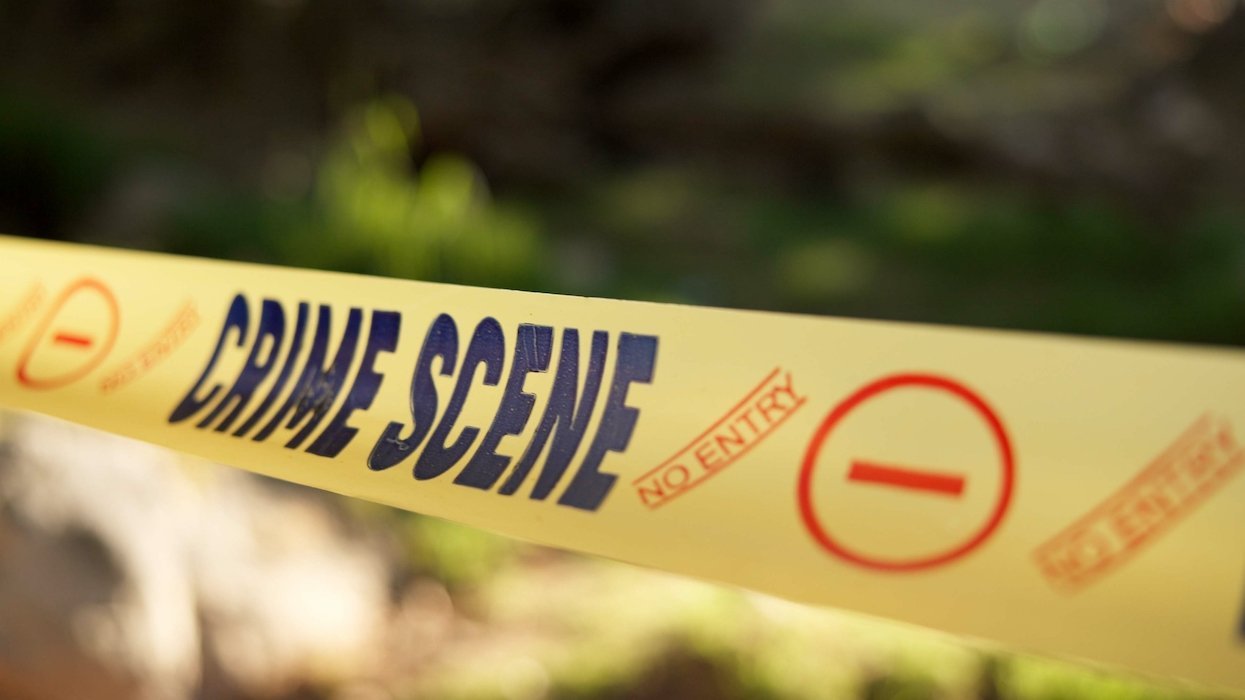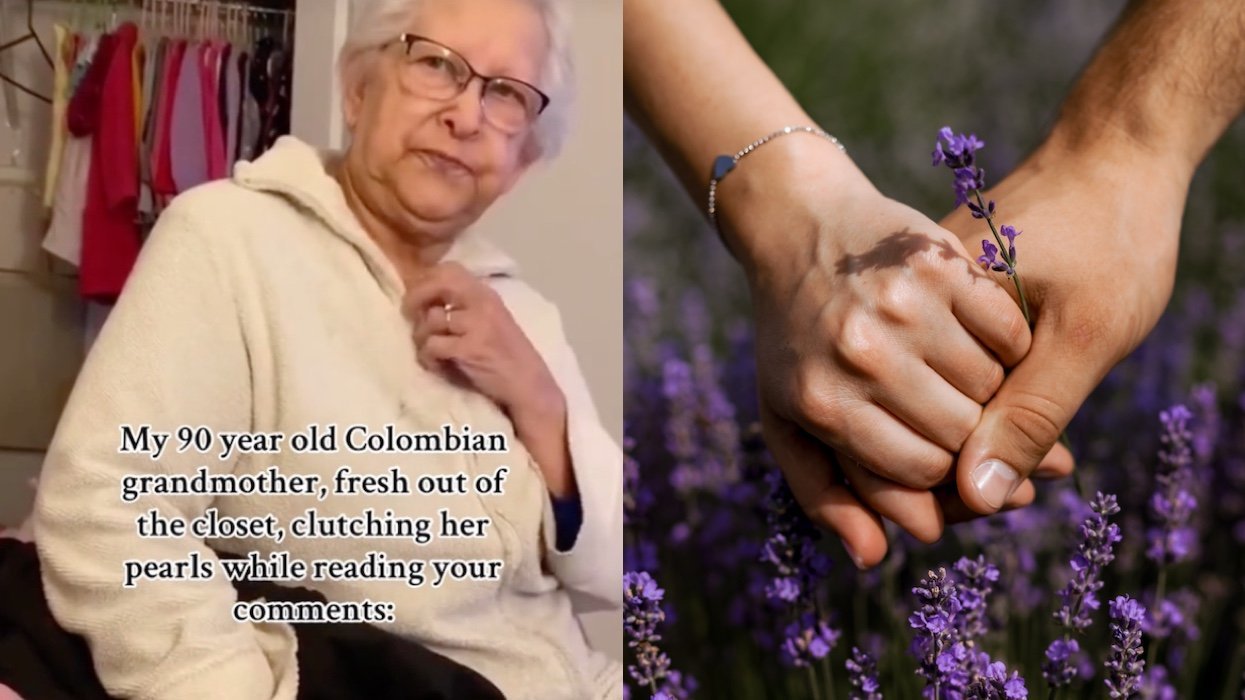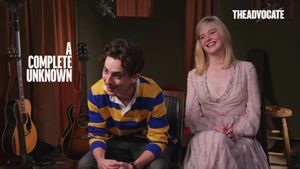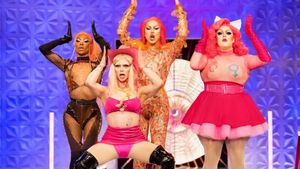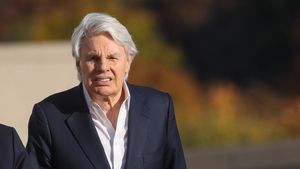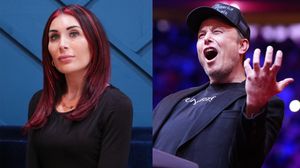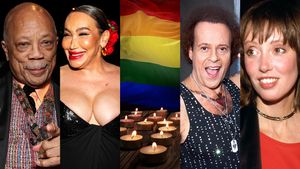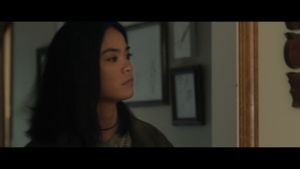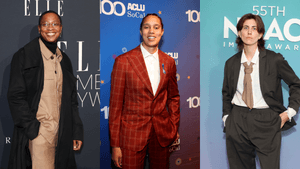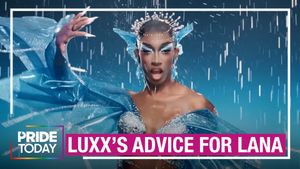News
Being Asian and transmasculine was ‘a revolutionary act.’ Now he’s a model for what’s possible.

Orion Rummler for the 19th
Willy Chang Wilkinson stands on a deck at Camp Lost Boys in Colorado on May 12, 2024.
At 61, Willy Chang Wilkinson has always tried to take care of his community — from HIV prevention to helping the next generation of AAPI transgender men.
June 05 2024 10:29 AM EST
July 25 2024 4:13 PM EST




















